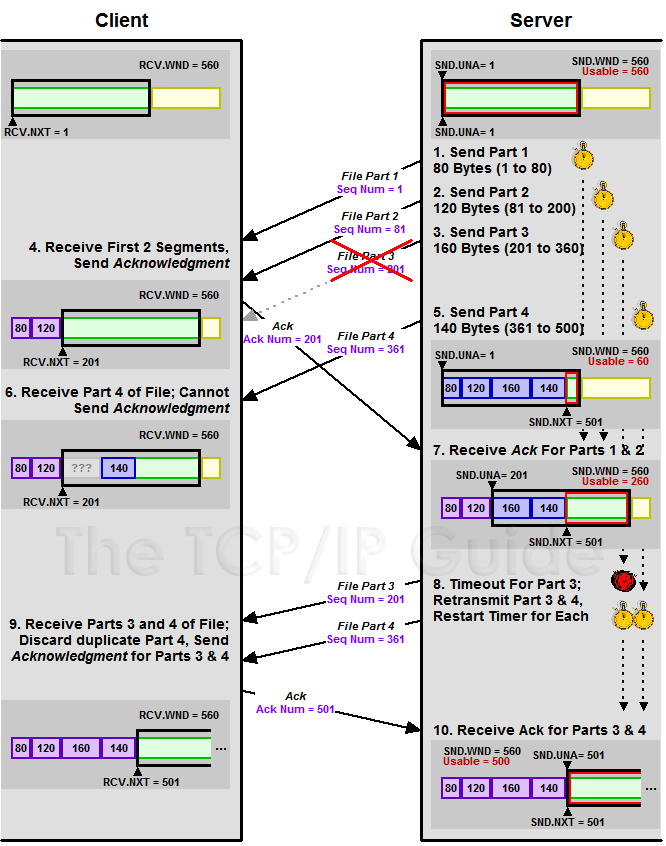 |
|
Please Whitelist This Site?
I know everyone hates ads. But please understand that I am providing premium content for free that takes hundreds of hours of time to research and write. I don't want to go to a pay-only model like some sites, but when more and more people block ads, I end up working for free. And I have a family to support, just like you. :)
If you like The TCP/IP Guide, please consider the download version. It's priced very economically and you can read all of it in a convenient format without ads.
If you want to use this site for free, I'd be grateful if you could add the site to the whitelist for Adblock. To do so, just open the Adblock menu and select "Disable on tcpipguide.com". Or go to the Tools menu and select "Adblock Plus Preferences...". Then click "Add Filter..." at the bottom, and add this string: "@@||tcpipguide.com^$document". Then just click OK.
Thanks for your understanding!
Sincerely, Charles Kozierok
Author and Publisher, The TCP/IP Guide
|
|
|

Custom Search
|
|
TCP Non-Contiguous Acknowledgment Handling and Selective Acknowledgment (SACK)
(Page 3 of 4)
There Is No Ideal Answer
Since TCP doesn't know whether these other segments showed up, it cannot know which method is better. It must simply make an “executive decision” to use one approach or the other, and hope for the best. In the example of the previous topic, as shown in Figure 223, I demonstrated the “conservative” approach—only the lost segment of the file was retransmitted. In contrast, Figure 224 shows the “aggressive” approach to retransmission.
|
|
|
| |||||||||||||||||||
Home - Table Of Contents - Contact Us
The TCP/IP Guide (http://www.TCPIPGuide.com)
Version 3.0 - Version Date: September 20, 2005
© Copyright 2001-2005 Charles M. Kozierok. All Rights Reserved.
Not responsible for any loss resulting from the use of this site.








 Key Concept: There are two approaches to handling retransmission in TCP. In the more “conservative” approach, only the segments whose timers expire are retransmitted; this saves bandwidth but may cause performance degradation if many segments in a row are lost. The alternative is that when a segment’s retransmission timer expires, both it and all subsequent unacknowledged segments are retransmitted. This provides better performance if many segments are lost but may waste bandwidth on unnecessary retransmissions.
Key Concept: There are two approaches to handling retransmission in TCP. In the more “conservative” approach, only the segments whose timers expire are retransmitted; this saves bandwidth but may cause performance degradation if many segments in a row are lost. The alternative is that when a segment’s retransmission timer expires, both it and all subsequent unacknowledged segments are retransmitted. This provides better performance if many segments are lost but may waste bandwidth on unnecessary retransmissions.